Aging gets a bad rap. People love to talk about what starts hurting after 60—your knees, your back, your ability to stay awake through an entire movie—but no one ever talks about the flipside: the stuff that stops hurting. And surprise, there’s a lot of it. Turns out, life after 60 comes with its own unexpected glow-up.
We’re not just talking about physical pain (though there’s some of that too). We mean the psychic papercuts: the social stress, the overthinking, the need to keep up, show off, or prove yourself constantly. Somewhere along the line, a beautiful thing happens. You just… stop caring. Not in a grumpy, checked-out way—but in a wise, clear-eyed, peace-out-to-the-drama kind of way.
So whether you’re 59 and bracing for impact, or 67 and thriving, here are 15 things that magically stop hurting when you hit your sixties. Spoiler alert: getting older might just be the best plot twist yet.
1. The Pressure to Be Everyone’s Favorite
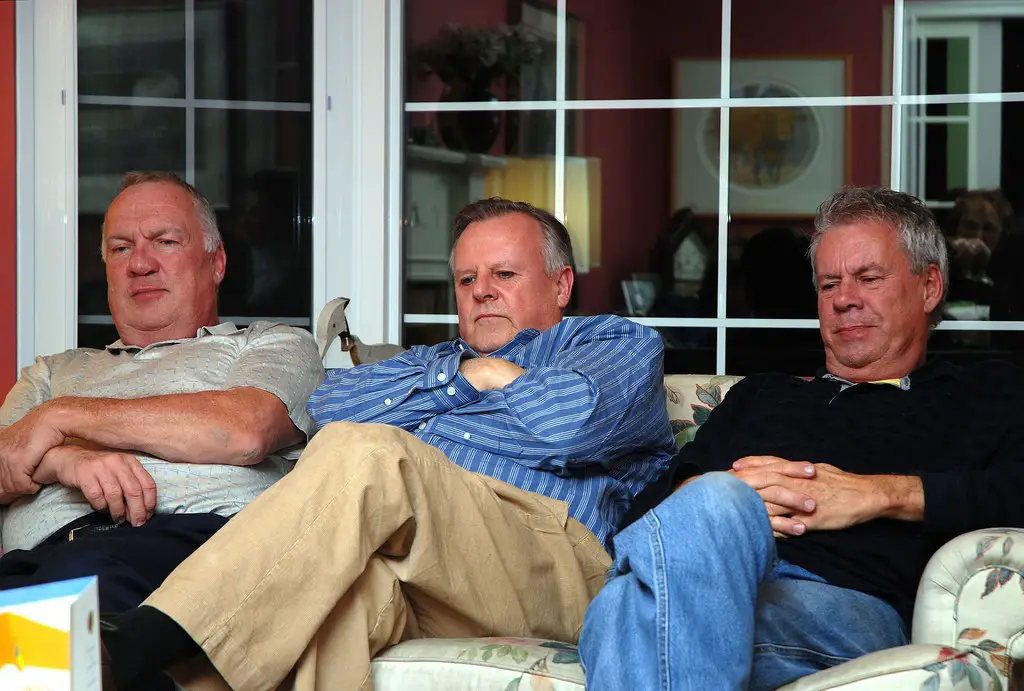
Remember the days when being liked by everyone felt like a top priority? In our younger years, social acceptance often takes center stage, leading to stress and anxiety. However, as we age, many people find that this pressure diminishes. The desire to please everyone fades, replaced by a focus on meaningful relationships and personal fulfillment. This shift can lead to increased confidence and a stronger sense of self. And according to The Ethel, it’s a legit psychological shift: older adults prioritize emotional satisfaction and authenticity over superficial popularity.
So, if you’re over 60 and find yourself less concerned about others’ opinions, embrace it. It’s a sign of personal growth and self-assurance that comes with experience. You no longer bend over backward for people who wouldn’t even carry your groceries. You stop apologizing for having preferences, boundaries, and a bedtime. At a certain point, the only approval you really care about is your own—and maybe your dog’s.
2. That Constant, Nagging Pain (Yes, Really)
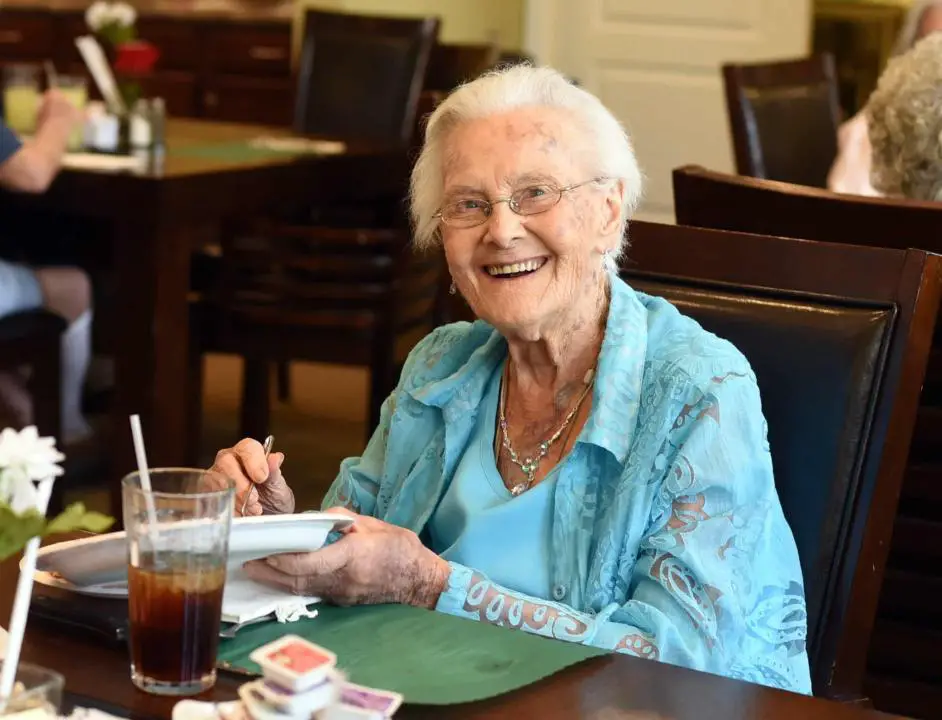
You might think pain only gets worse with age—but here’s a twist: as we age, our perception of pain can actually decrease. Research indicates that older adults often experience changes in how they perceive pain, sometimes leading to reduced sensitivity. This doesn’t mean pain disappears, but the way it’s felt and processed can change. Additionally, many older adults develop better coping mechanisms and resilience, making pain feel less overwhelming. According to a study published in Medicine Net, age-related neurological changes may alter how pain signals are transmitted to the brain, helping explain the phenomenon. It’s not that you’ve become superhuman—it’s that your nervous system is evolving with you.
So while your knees might still creak when you climb stairs, you might find it doesn’t bother you as much as it used to. It’s not about ignoring pain but adapting to it, and perhaps even embracing the quirks that come with age. And hey, if your back’s going to hurt anyway, at least it won’t keep you up at night like it used to. You’ve also probably learned the magic of heating pads, stretching, and saying “no” to things that involve folding chairs. It’s less about pain-free living and more about becoming a low-key wellness guru.
3. Social Anxiety at Parties
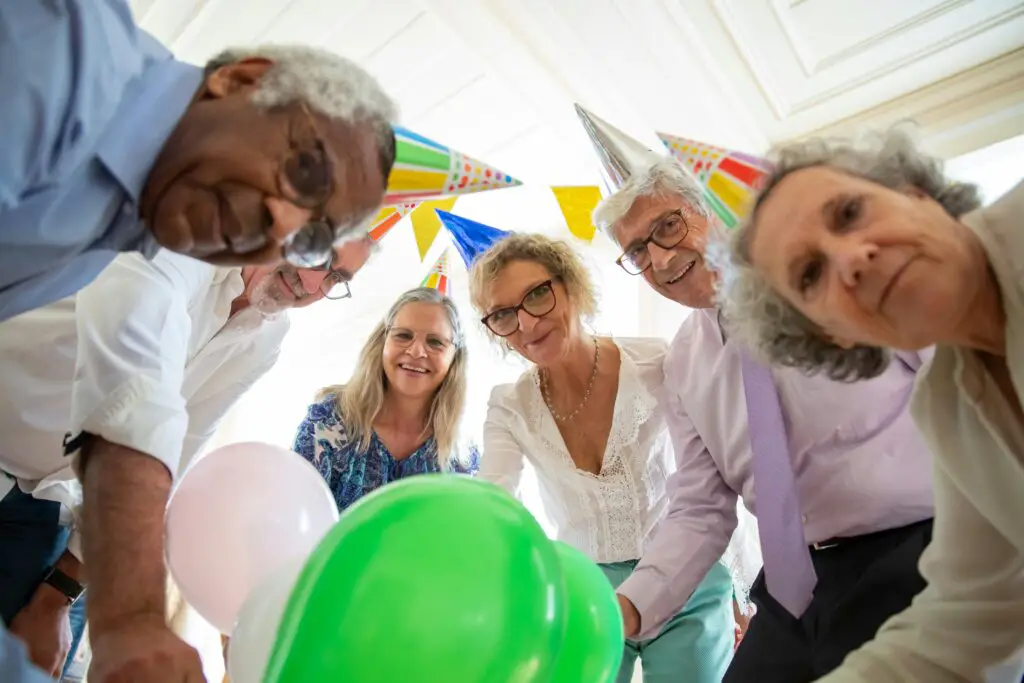
Social gatherings can be daunting at any age, but many find that social anxiety lessens with time. Older adults often report feeling more comfortable in social settings, focusing on genuine connections rather than superficial interactions. This ease can make parties and gatherings more enjoyable, as the emphasis shifts from impressing others to simply enjoying the moment. According to a report in Mental Health Center, aging often brings about a cognitive shift that allows people to let go of social pressure and lean into the joy of connection.
So, next time you’re at a social event, take a deep breath and remember: with age comes the confidence to be yourself, unapologetically. You’re not networking—you’re storytelling. You’re not worried about saying the “right thing”—you’re wondering how long until the charcuterie comes back around. And if someone judges your outfit or your opinion, well, that’s their problem to unpack in therapy.
4. Body Image Insecurities
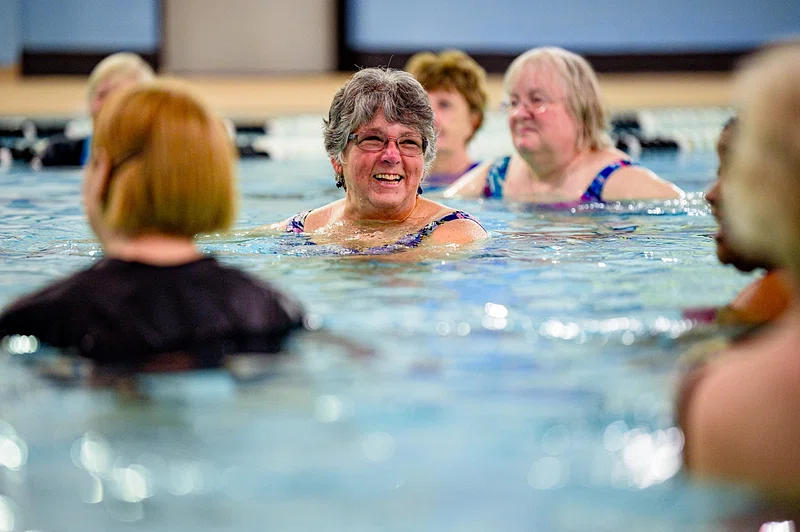
Body image concerns are prevalent across all ages, but studies suggest that dissatisfaction doesn’t necessarily increase with age. In fact, many older adults report a stable or even improved body image over time. This shift often stems from a focus on health and functionality rather than appearance. In a Psychology Today article, researchers found that people over 60 often value body appreciation and self-compassion more than aesthetics. You start celebrating what your body can still do, rather than obsessing over what it looks like.
Embracing the changes that come with aging can lead to a more positive self-image. After all, every wrinkle tells a story, and every gray hair is a testament to a life well-lived. Stretch marks? Medals of survival. Sagging skin? Built-in wind chimes. There’s something incredibly freeing about not caring what society thinks your body should look like—because honestly, you’ve earned every inch of it.
5. Financial FOMO
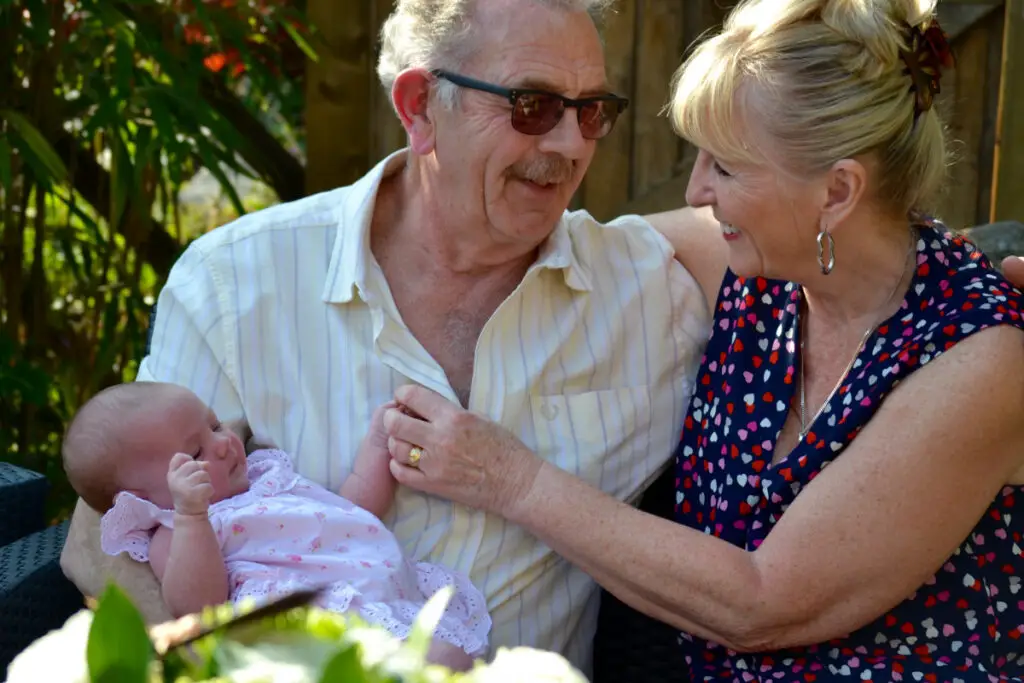
The fear of missing out, especially financially, can be a significant source of stress. However, as people age, many find that their financial priorities shift. The emphasis moves from accumulating wealth to enjoying experiences and relationships. This change in perspective can alleviate financial anxiety and lead to a more contented life. The Minimalists found that while money issues don’t magically disappear, older adults report less distress around keeping up with the Joneses—and more focus on budgeting around happiness, not hype.
So, if you’re over 60 and find yourself less driven by financial competition, take it as a sign that you’re focusing on what truly matters. You’re no longer spending for status; you’re spending for comfort, connection, and joy. That luxury SUV? Meh. A weekend with your grandkids and a good bottle of cabernet? Priceless. Financial freedom looks a lot like emotional freedom with a debit card.
6. The Need to Constantly Prove Yourself
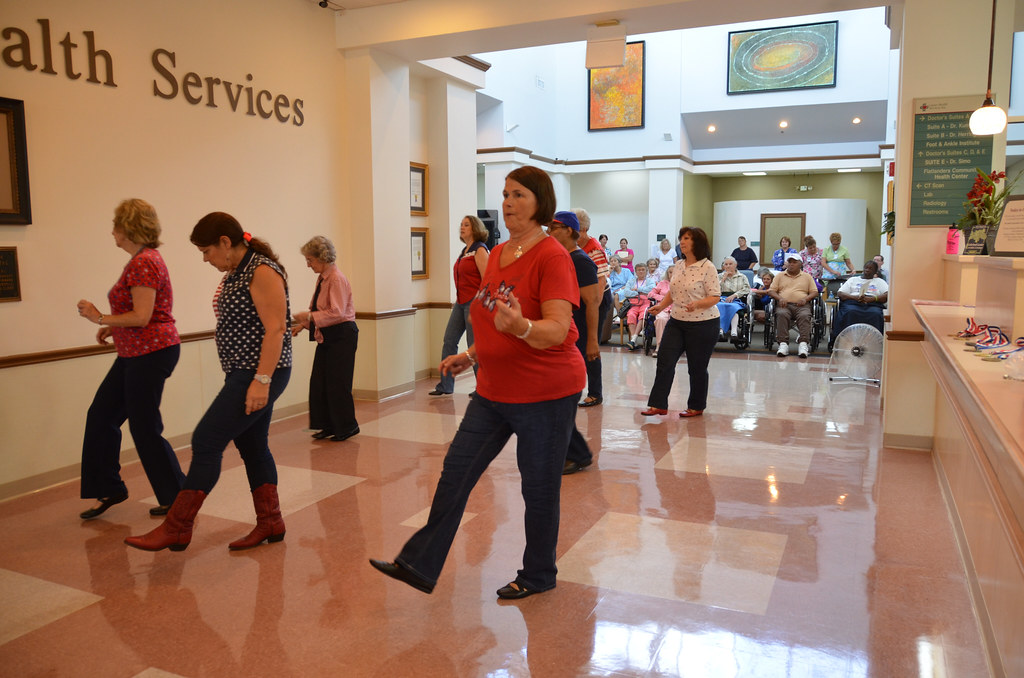
In our younger years, there’s often a relentless drive to prove our worth—climbing the career ladder, achieving milestones, and seeking validation. But as we age, many find that this need diminishes. Confidence grows from within, and accomplishments are measured by personal satisfaction rather than external approval.
You stop chasing gold stars and start chasing what actually feels good. You’re not worried about résumés or bragging rights anymore—you just want a life that fits. It’s the quiet freedom of knowing you’ve already done enough, and now you get to just be enough.
Now, you’re more interested in morning walks than morning meetings. Impressing people turns into a pleasant side effect—not the goal. And if someone doesn’t get it? You kindly show them the door and go back to your crossword.
7. Fear of Change

Change can be intimidating, but with age comes the realization that change is a constant part of life. Older adults often develop resilience and adaptability, viewing change as an opportunity rather than a threat. This perspective can lead to a more adventurous and fulfilling life.
Once you’ve weathered career shifts, heartbreaks, pandemics, and maybe a questionable perm or two, you realize change isn’t the enemy—it’s just another Tuesday. Instead of dreading what’s next, you lean in with curiosity. New routines, new hobbies, even new friendships—they’re all fair game now.
Change stops being something that happens to you and becomes something you dance with. You don’t resist the current—you float with it, margarita in hand. And when you look back, the detours often end up being the best part.
8. Regret Over Past Mistakes
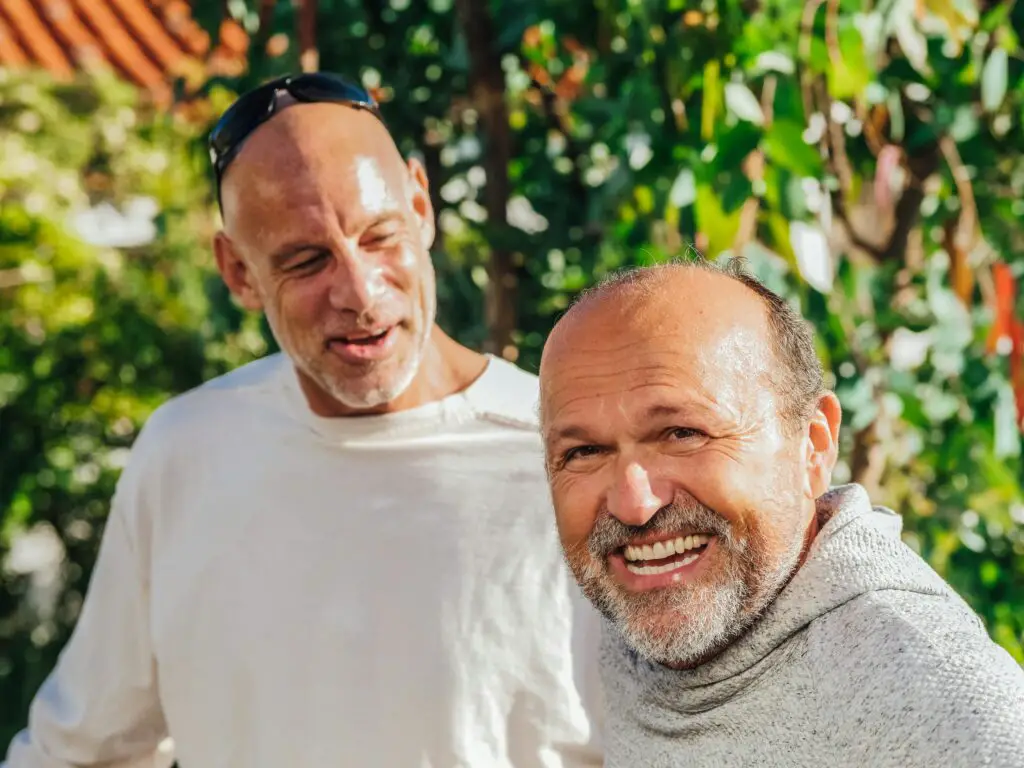
Everyone has regrets, but as we age, many find that past mistakes lose their sting. With time comes perspective, and the ability to see missteps as learning experiences rather than failures. This acceptance fosters peace of mind and self-compassion.
Eventually, you realize life’s not a test you pass or fail—it’s a wild road trip full of wrong turns, pit stops, and scenic detours. You stop rerunning those old “what if” reels in your head and start enjoying the view from where you are. Regret starts to feel more like a teacher than a weight.
The things that once haunted you now feel like old photos in a dusty album—important, but no longer painful. You made it through, and that’s what counts. Besides, nobody wants a flawless memoir.
9. Keeping Up with Trends
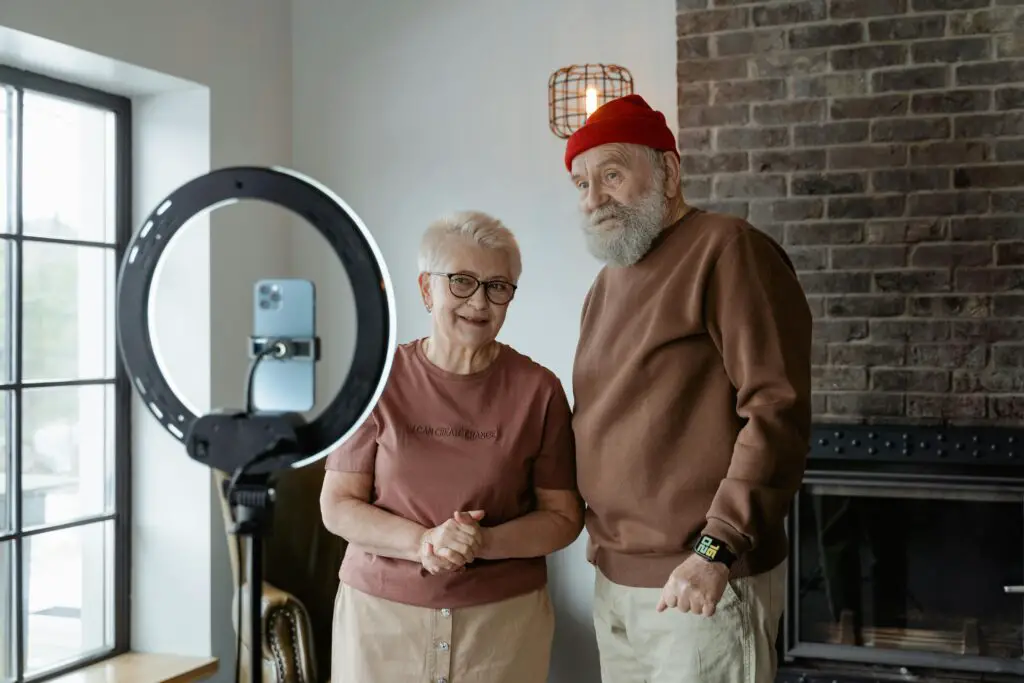
Staying on top of the latest trends can be exhausting. As we age, the pressure to keep up often fades, replaced by a focus on personal preferences and comfort. This liberation from trend-chasing allows for a more authentic expression of self.
You ditch the fast fashion for what actually fits and feels good. You’re no longer asking, “Is this in style?” and more like, “Do I look like I give a damn?” Spoiler: you don’t—and that’s the style move of the decade.
Now you wear what makes you smile, not what earns likes. Your home decor says “you” instead of “Pinterest board.” And shocker: people seem to like you more for it.
10. Worrying About Others’ Opinions

Concern over others’ opinions can be a significant source of stress. However, many find that with age comes a decreased sensitivity to external judgments. Confidence in one’s own values and choices takes precedence, leading to greater self-assurance.
You stop editing yourself for an imaginary audience and start living for the one person who really matters—you. Someone doesn’t like your haircut, your politics, or your playlist? Too bad. You’ve got bigger things to do—like nap in peace.
Your opinion of yourself becomes the only one that carries weight. You learn that pleasing everyone is a great way to lose yourself. And you’re way too interesting for that.
11. The Urge to Multitask
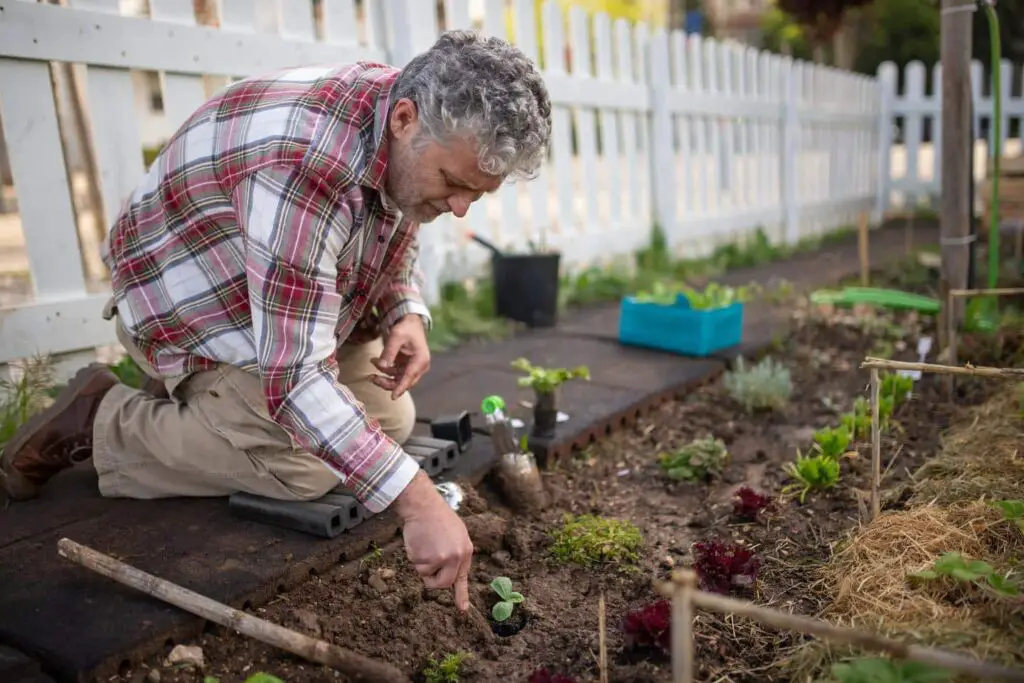
Multitasking is often seen as a valuable skill, but it can lead to burnout and decreased productivity. As people age, there’s a tendency to focus on one task at a time, leading to better outcomes and less stress.
Turns out, life’s better when you’re not mentally toggling between emails, cooking, and existential dread. You discover the power of presence—whether it’s sipping tea, doing a crossword, or actually listening when someone talks. Who knew monotasking was the ultimate flex?
Doing one thing well becomes more satisfying than doing five things halfway. You become a connoisseur of attention—wherever you place it, things bloom. And let’s be honest, multitasking was mostly just stress with a to-do list anyway.
12. Fear of Being Alone
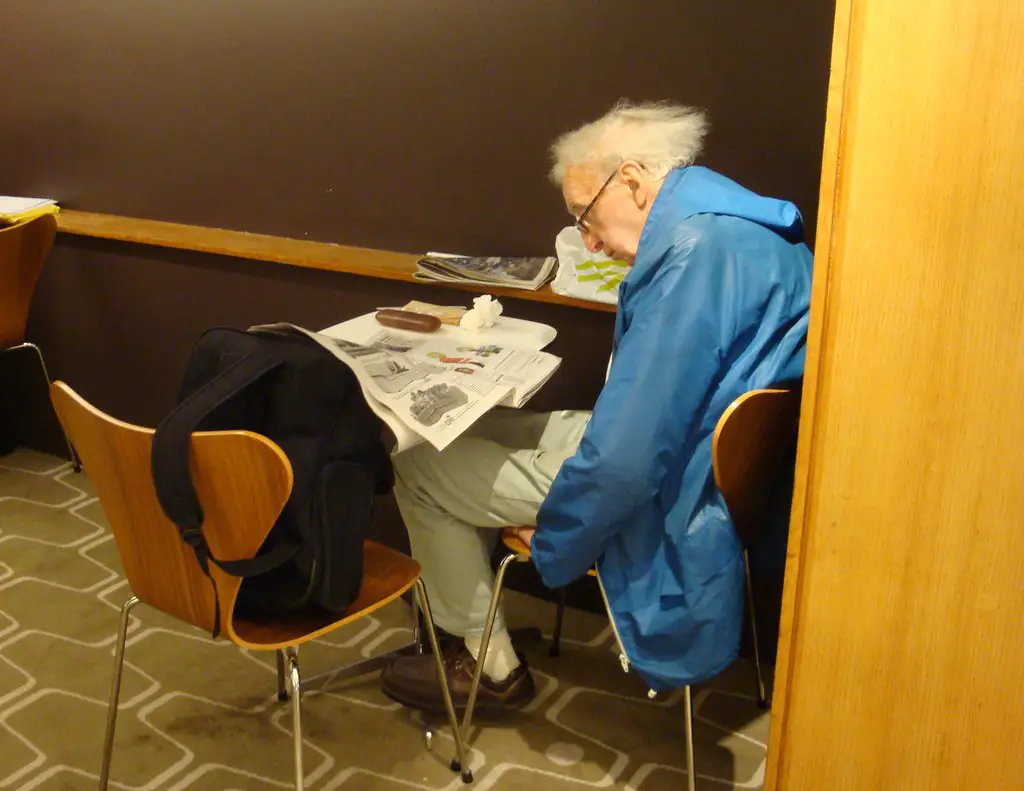
Loneliness is a common fear, but many older adults find contentment in solitude. Time alone becomes an opportunity for reflection, hobbies, and self-care. This comfort with solitude can lead to increased self-awareness and peace.
Eventually, you stop equating “alone” with “lonely.” It becomes a time to recharge, not something to escape. There’s a certain joy in dancing like no one’s watching—because literally, no one is, and that’s the point.
Solo time becomes sacred, not scary. You realize that being alone can actually make your relationships richer—because you’re not coming from a place of need, but fullness. And best of all, you control the playlist.
13. Obsession with Perfection
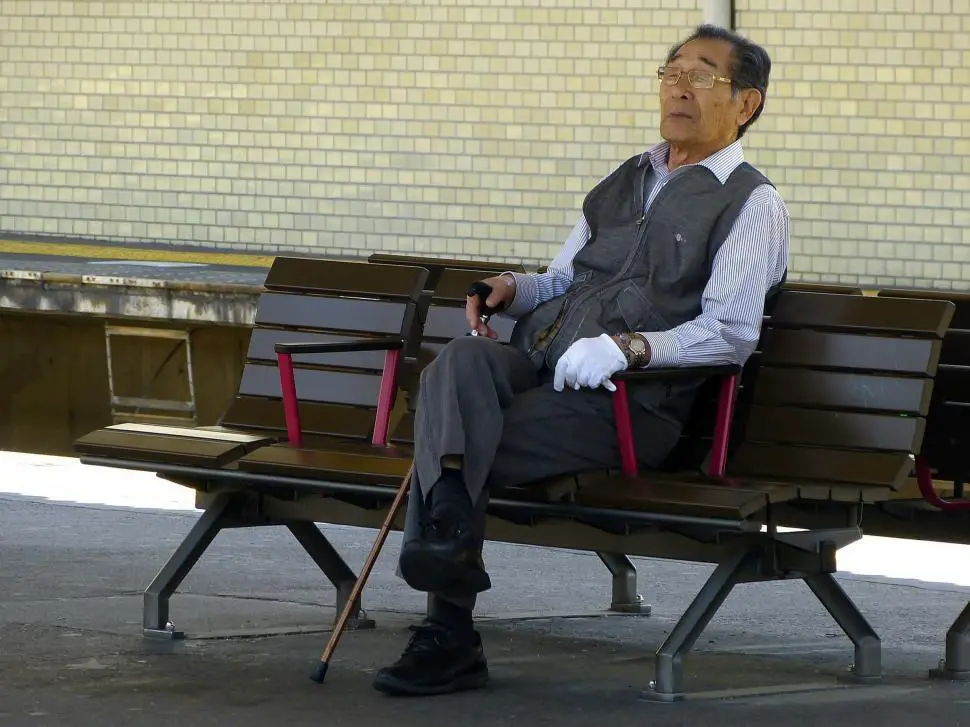
The pursuit of perfection can be relentless and draining. With age, many realize that perfection is unattainable and unnecessary. Embracing imperfections leads to a more relaxed and joyful life.
Your home isn’t Instagram-ready and your meals aren’t plated like a cooking show—but they’re real, and they’re yours. The spilled wine, the laugh lines, the botched DIY project? That’s the stuff of life. And suddenly, “perfect” seems incredibly overrated.
You start valuing character over curation. What used to feel like flaws now feel like flavor. And there’s nothing more refreshing than being around someone who’s okay with not having it all together.
14. The Need for Constant Validation

Seeking validation from others can be exhausting. As we age, self-validation becomes more important. Confidence grows from within, reducing the need for external approval.
Eventually, you stop refreshing for likes and start doing things just because they make you feel good. You become your own hype squad—cheering yourself on, picking yourself up, and throwing your own mini dance party when things go right. Who needs applause when you’ve got inner peace?
You realize that no amount of outside praise fixes what needs healing inside. So you do the work, you give yourself the credit, and you finally stop needing someone else to co-sign your worth. That’s when things really get fun.
15. The Desire to Please Everyone

Pleasing everyone is an impossible task. With age comes the wisdom to prioritize personal happiness over others’ expectations. This shift leads to more authentic relationships and a fulfilling life.
You start saying “no” without a novel-length excuse. You realize being liked by everyone usually means you’re not being real with anyone. Instead, you focus on the people who get you—and let the rest drift off like junk mail.
Suddenly, life gets quieter—and better. Your circle might shrink, but it also gets warmer, funnier, and way more honest. You trade approval for peace, and it’s a ridiculously good deal.
